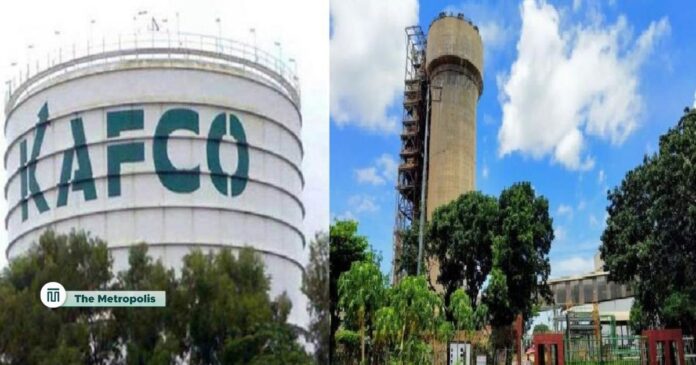Four of the five government-owned urea factories have halted production due to a severe gas shortage, raising alarms about fertilizer availability during the ongoing Aman paddy cultivation season and the upcoming Boro paddy season.
Typically, around 1.4 million metric tons of urea are required for the Aman and Boro seasons. However, current urea stock stands at only 500,000 tones, sufficient to meet farmers’ needs for just two months, according to a top official from the Department of Agricultural Extension, who requested anonymity. “If the stock is not replenished, we could face a urea crisis in December,” the official warned.
Domestic urea production has been severely impacted after one of the two floating LNG terminals in the Bay of Bengal was damaged by aftershocks from cyclone Remal in May. This terminal, which supplies approximately 500 million cubic feet of gas daily to the national grid, remains non-operational.
In light of the LNG shortage, Petro-Bangla has allocated 50 million cubic feet of gas to fertilizer factories in Chattogram, with 44 million cubic feet directed to the Karnaphuli Fertilizer Company (Kafco), a joint venture with Japan.
Currently, only Ghorashal Palash fertilizer is receiving adequate gas supplies from the national grid, while Shahjalal Fertilizer Company ceased production on September 11 due to gas shortages. Ashuganj Fertilizer and Chemical Company has been inactive since January, and Chittagong Urea fertilizer (CUFL) and Jamuna Fertilizer Company have not produced since February, according to officials from the Bangladesh Chemical Industries Corporation (BCIC).
The government has ordered a suspension of gas supplies to fertilizer factories, stated Mohammad Saidur Rahman, BCIC chairman. “There will be high demand for urea fertilizer from December to March, so we plan to import as a precaution. However, the lack of dollars in banks is complicating the opening of letters of credit,” he added.
As of September 18, Bangladesh’s foreign currency reserves were reported at $19.4 billion, sufficient for four months’ worth of imports. On September 1, BCIC sought to open a letter of credit with Sonali Bank for the import of approximately 350,000 metric tons of urea fertilizer. On September 18, the government procurement advisory committee approved the import of 60,000 tons of granular urea fertilizer from Saudi Arabia and Qatar at a cost of Tk 236 crore.
“If all the fertilizer factories were operational, we wouldn’t need to import at this time,” Rahman noted. The five government-owned factories can produce 2 million metric tons of urea annually, but the acute gas crisis has limited production to just 245,671 metric tons as of September 18, according to BCIC officials.
Some BCIC officials criticized the government’s lack of foresight, pointing out that substantial foreign currency is being wasted on fertilizer imports. The cost to import a ton of urea is Tk 50,000-55,000, whereas domestic production costs Tk 32,000-33,000.



